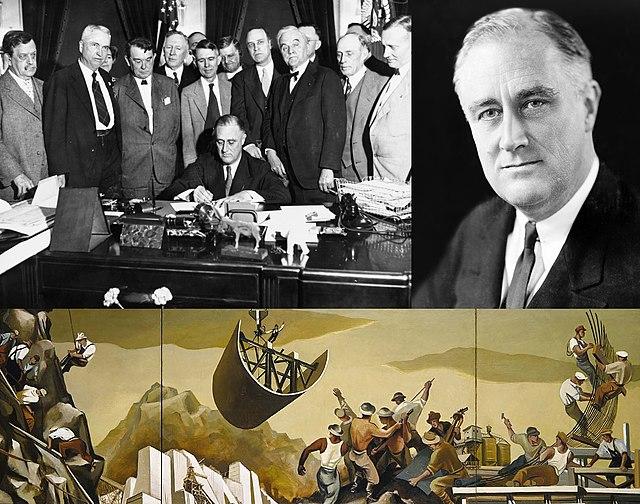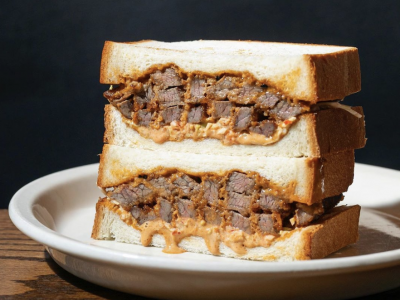For all the money sloshing around in American politics, you still cannot buy the results of elections
It’s safe to say that Democrats don’t hold the Supreme Court of Chief Justice John Roberts in particularly high esteem. Its 5-4 decision in the case of Citizens United in January is undoubtedly the most vexing to conservatives as the November midterm elections draw near. Since the First Amendment forbids Congress from passing any law “abridging the freedom of speech,” this ruling deemed unconstitutional a law that prevented corporations, unions, and other organizations from paying for political advertisements out of their own pockets during election campaigns.
- Whats The Best Melee Weapon For Excalibur Build 2023, Best Excalibur Build 2023
- Warframe Best Dagger For Covert Lethality, Ash, Stances & More
- Top Best Restaurants Vista Ca Ntina, Where To Eat In Vista
- Pokemon Platinum Best Place To Train Before Elite Four, Where Is A Good Place To Train For The Elite Four
- TF2 Scout Cosmetic Loadouts: What’s The Best Scout Loadout TF2? Best Scout Weapons TF2

President Obama, enraged, exploded. As a result, “Big Oil,” Wall Street banks, health-insurance companies, and other powerful interests would be able to “to drown out the voices of everyday Americans” with their massive financial contributions. The number of “foul” calls has increased as the midterm elections have gotten closer. In September, Mr. Obama’s adviser David Axelrod expressed concern over “an audacious stealth campaign” by “powerful corporate special interests” using front groups to pour millions into misleading, negative campaign ads that could “tip the scales” in the upcoming election. The Journal of the New York City Areacomplained that this election season was “the most secretive since the Watergate years.”
A massive right-wing plot, once again
Xem thêm : Watch Chrisley Knows Best Hawaii, Unavailable In Your Region
What weight do these concerns have? Organizations with seemingly innocuous names like Crossroads GPS, Americans for Job Security, and Americans for Prosperity have emerged as major players in this cycle. These are used to fundraise massive amounts of money for political ads that support the Republican party, but these ads never reveal their funding sources. As an example, if voters knew that Crossroads GPS and its partner, American Crossroads, were connected to Karl Rove (George Bush’s former strategy guru), or that Americans for Job Security was formed by the insurance industry, or that Americans for Prosperity is funded by the billionaire Koch brothers to (in Mr. Axelrod’s words) “support their right-wing agenda and corporate interests,” then they would likely view such advertisements differently. Inquiries by theThe New York Timesfinds that spending by special interests has increased fivefold since the 2006 midterms, while the proportion of spending that is disclosed has dropped from more than 90% to less than 50%.
Nonetheless, the significance of Citizens United risks being grossly overstated. Organizations with Republican ties have spent five times as much as their Democratic counterparts in recent weeks, according to the nonpartisan Centre for Public Integrity. Considering the White House’s warning that vengeful, wealthy corporations and unknown special interests plan to buy the upcoming November elections, it’s easy to draw the conclusion that money is corrupting American politics.
Simply put, this is not correct. Look at these two words as a starting point: Female entrepreneur Meg Whitman. The former eBay CEO has reportedly spent around $120 million of her own money on her campaign for governor of California, but new polls show that she is falling behind her Democratic opponent, Jerry Brown, who claims to have spent only $11 million.
This is not to say that having money is an automatic disqualifier for political office. The three-term mayoral tenure of Michael Bloomberg and the election of Jon Corzine as governor of New Jersey in 2005 seem to indicate the opposite. However, Mr. Corzine was unable to buy his way back into office in 2012. The takeaway from these types of stories, as well as the consensus reached after extensive investigation, is that while money may influence some races more than others, its impact is generally limited by the principle of diminishing returns. Spending more money doesn’t help a candidate any more once they’ve already made a name for themselves. According to a 2008 report by Americans for Campaign Reform, the bare minimum to run for Congress is $700,000.
Xem thêm : Our Sacred 3 Best Class – :: Sacred 3 General Discussions
As a result, there are those who believe reformers should focus on getting candidates elected rather than limiting donors’ ability to spend money on campaigns. The Fair Elections Now Act, which has been stalled in Congress, would provide public matching funds. It’s possible that even that isn’t necessary. According to Professor Gary Jacobson of the University of California, San Diego, those who control the campaign funds have developed keen eyes for identifying worthy opponents and providing them with the resources they need to mount a serious challenge.
As an added bonus, the Democrats are far from broke. The Democratic National Committee raised over $16 million in September, primarily from small donors; historically, they have done better at this than the Republican National Committee, whose mismanagement under the apathetic Michael Steele is one reason why Republicans are turning to outside organizations. unions, which were granted the same freedom as corporations following the Citizens United decision, have been putting in significant effort into the “ground war” of voter registration and turnout, an area in which they traditionally have excelled despite being outspent in the advertising war so far. Mr. Jacobson predicts that many races will feature well-funded Democratic candidates facing off against Republican candidates with less money of their own but more help from outside organizations in the upcoming midterm elections.
That is to say, it was a fairly even contest. According to Thomas Mann of the Brookings Institution, the midterms will not be decided by the Citizens United decision any more than the 2008 presidential election was decided by Mr. Obama’s outspending of John McCain. Fundamental politics (rejection of the Bush legacy, Mr. Obama’s charisma) decided that election, just as they will in November (the jobless “recovery,” disappointment with Mr. Obama). Bill Galston, a fellow Brookings Institute researcher, even suggests that all the hoopla could be an attempt to rationalize a loss before it happens.
Several aspects of American politics have been tainted by financial interests. But if the Democrats take a beating in November, it won’t be because of the conservative Supreme Court’s activism in the judicial branch. For the simple reason that they have accomplished so little that the electorate can be proud of, while doing so much that they loathe. At least in this regard, American democracy appears to be doing fine.
The print version of this article appeared with the headline “The best Congress money can buy?” in the American edition of the newspaper.
Nguồn: https://directmarketingcenter.net
Danh mục: Best









